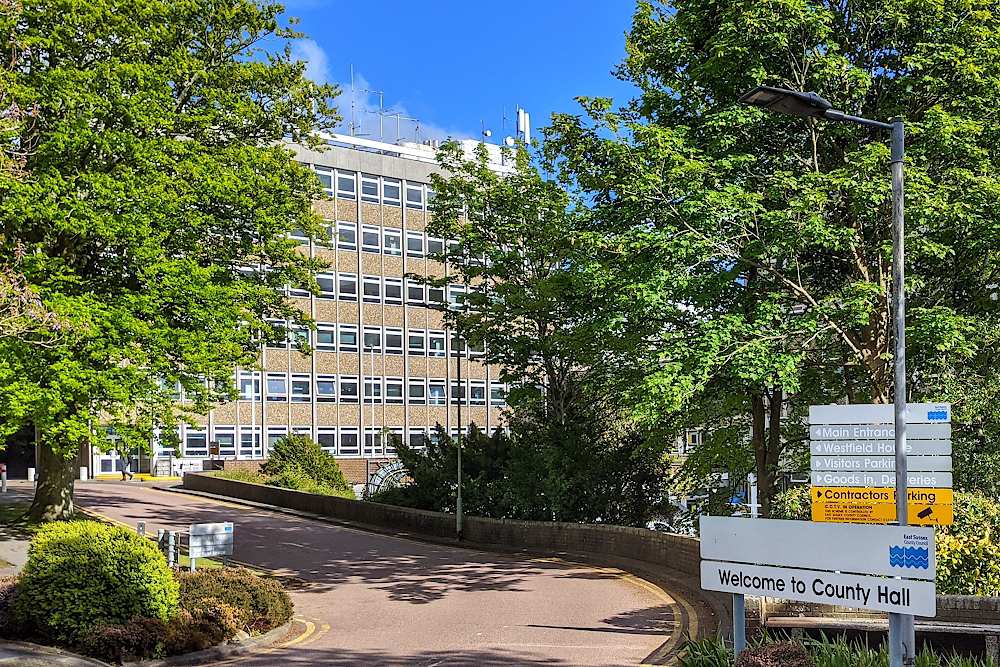
A senior county councillor has criticised changes planned for council tax collections in Lewes and Rother.
On Friday (October 1), East Sussex County Council’s lead member for resources and climate change Nick Bennett considered a report on the authority’s response to proposals from Lewes and Rother district councils.
The councils are both proposing to reform their Council Tax Reduction Schemes — programmes through which residents can apply for income-based discounts to their council tax bills.
Of the two, Lewes District Council’s proposals are the more wide-ranging, with plans to remove a £5 per week minimum award, which prevents people who qualify for a discount of less than £5 a week from claiming any discount at all.
It also intends to remove an assumed earnings measure for self-employed people, known as the minimum income floor.
This currently assumes a self-employed person is earning the equivalent of at least 35 hours of minimum wage per week rather than going by actual earnings.
More significantly, the council is also proposing to increase its maximum discount (i.e the maximum amount of council tax someone will be allowed not to pay) from 80 per cent to 100 per cent.
The same discount is already available for Hastings Borough Council’s residents, but is not in place elsewhere in the county.
Put together these reforms would see around £1.132m less council tax paid each year.
Of this Lewes District Council would be short £112,651, while East Sussex County Council would lose £800,104.
The vast majority of the council tax income lost (more than £900,000) would be a result of the 100 per cent discount.
In comparison, Rother’s proposals are far more modest, with changes proposed to how the authority calculates its minimum-income floor for self-employed people.
Unlike Lewes, Rother does not intend to remove the minimum income floor entirely, but will instead make the system smarter.
For example, self-employed people who are carers or single parents could be assumed to be earning less than the 35 hours of minimum wage per week, due to their other commitments.
Rother District Council has not provided figures for how much council tax income is likely to be lost as a result of these proposals, but says it expects the costs to be ‘minimal’ as it is only likely to affect a small number of residents.
Both Rother and Lewes have sought views from East Sussex County Council.
In response, county council officers had recommended the higher-tier authority object to both proposals.
The Lewes proposals were of particular concern, officers said, due to the large amount of income lost.
This could lead to the loss of services which support the residents the scheme is intended to help, officers warned.
Cllr Bennett backed this position, signing off on officers’ suggested objections.
He said:
“For my part [the councils], particularly Lewes, need to appreciate that all of these things have consequences.
“It would be quite possible that some of the services we lose as a county as a consequence of this would fall within Lewes anyway.
“I am afraid I think they are cutting their nose to spite their face really.”
While the county council would be affected by the proposals (along with police and fire authorities), the decision will ultimately be up to both Rother and Lewes.
Even so, the county council’s position came in for criticism from the Green Party’s Johnny Denis, who is both a Lewes district and East Sussex county councillor.
In a statement released ahead of the meeting, he said:
“Those who have least need the most support.
"Presently, someone on Universal Credit must find 20 per cent of their council tax from their meagre income.
“We don’t think that is fair. It leaves many with less than needed for themselves and their families.
“Giving 100 per cent relief on council tax means fewer people are vulnerable to default and the additional hardships which come from that level of crisis.”


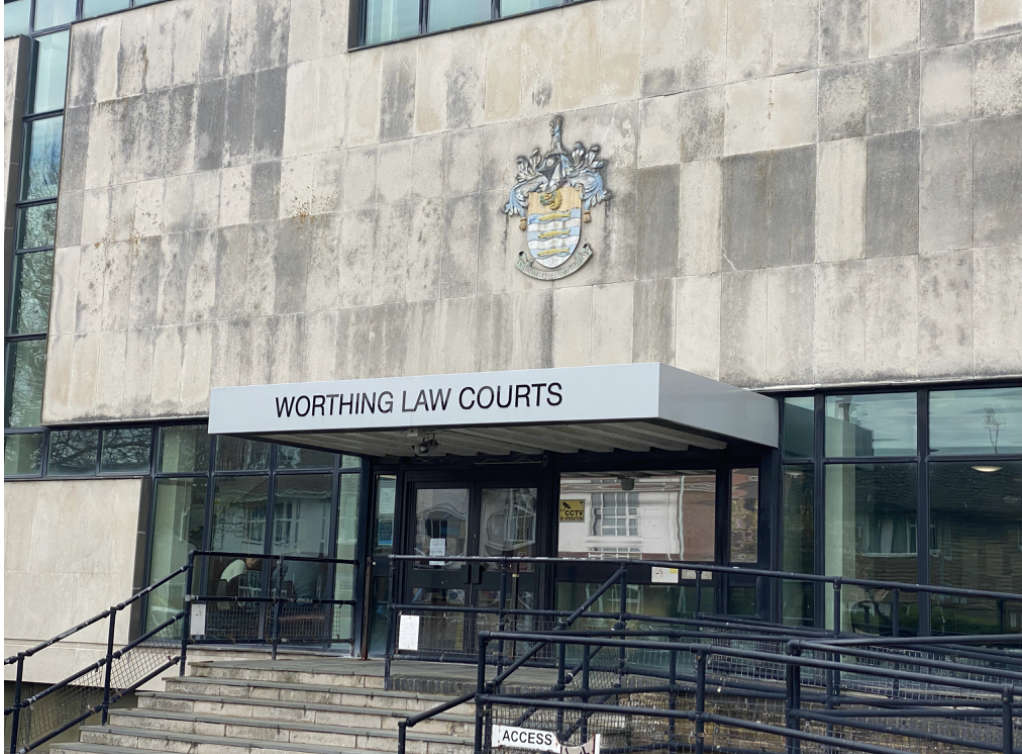 Specialist Domestic Abuse Courts Now Running In Sussex
Specialist Domestic Abuse Courts Now Running In Sussex
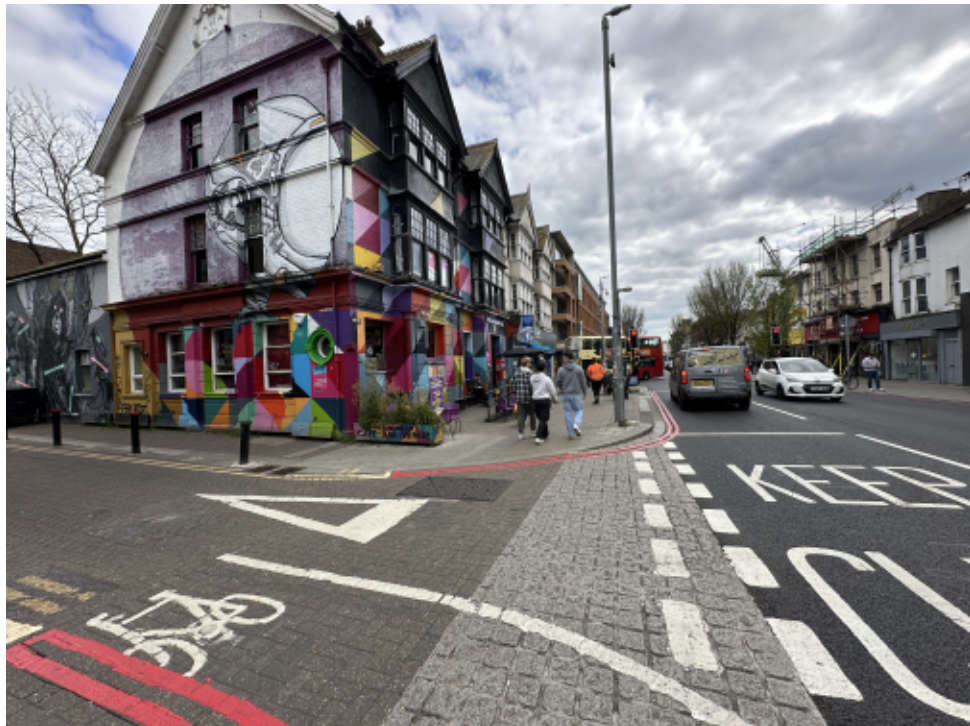 New Brighton Red Route Just A "Cash Grab" Says Trader
New Brighton Red Route Just A "Cash Grab" Says Trader
 Clare's Law Requests To Sussex Police Increase By 50%
Clare's Law Requests To Sussex Police Increase By 50%
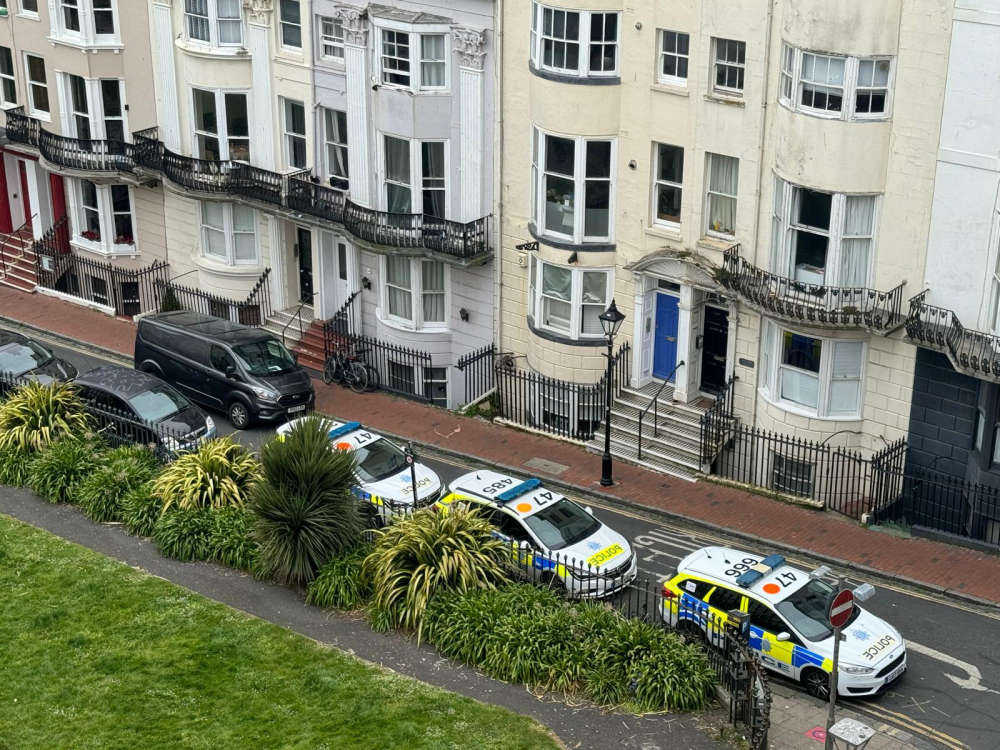 Two Arrested After Woman Dies In Brighton Hotel
Two Arrested After Woman Dies In Brighton Hotel
 Antique Clock Returned To Brighton Museum Following 2001 Theft
Antique Clock Returned To Brighton Museum Following 2001 Theft
 Shop Thief Faces Sentencing Over East Sussex Incidents
Shop Thief Faces Sentencing Over East Sussex Incidents
 Appeal After Woman Assaulted In Brighton
Appeal After Woman Assaulted In Brighton
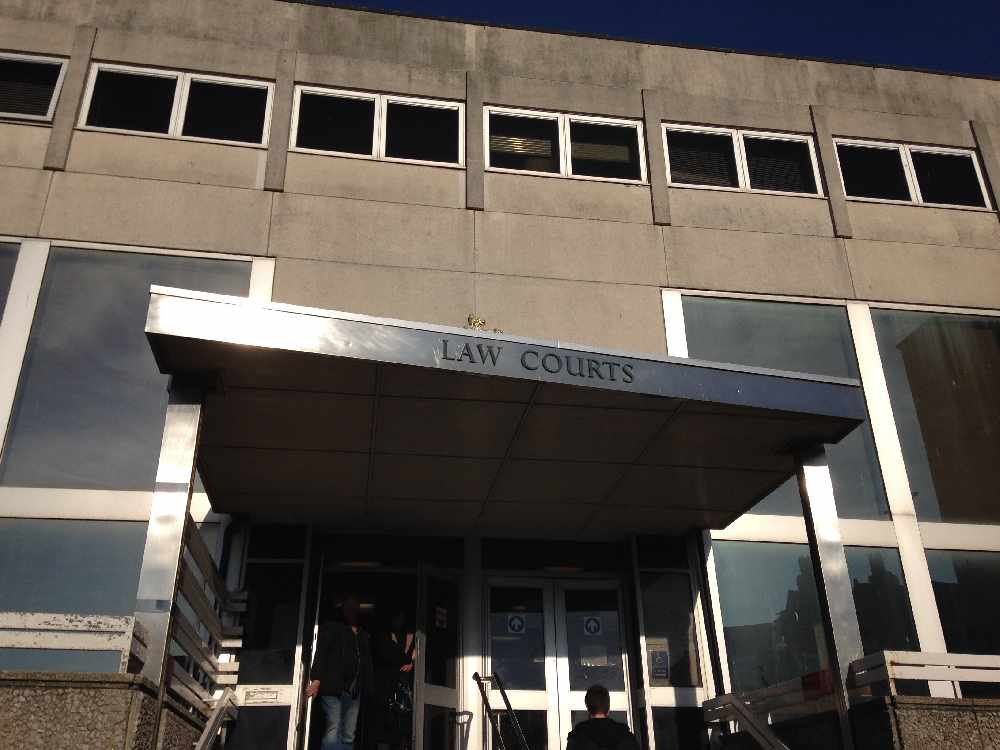 Man Charged Over Bexhill Arson
Man Charged Over Bexhill Arson
 Witness Appeal Following Eastbourne Hit-And-Run
Witness Appeal Following Eastbourne Hit-And-Run
 Wheelchair Accessible Dining Car Launches At Uckfield's Bluebell Railway
Wheelchair Accessible Dining Car Launches At Uckfield's Bluebell Railway